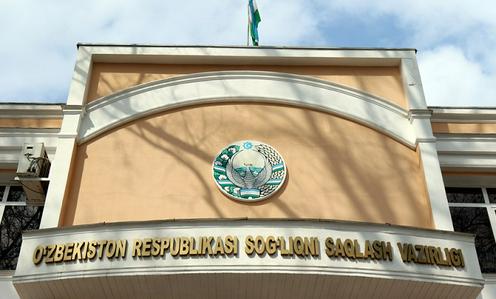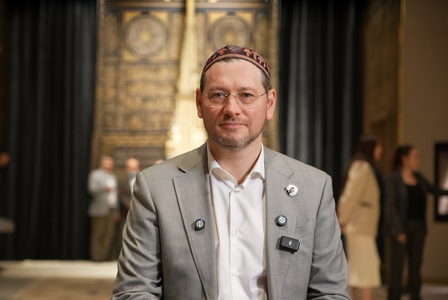President Shavkat Mirziyoyev of Uzbekistan has dismissed two deputy ministers of health—Davron Sultanov and Farrukh Sharipov—for what he described as inadequate efforts to digitalize the country’s healthcare system. The announcement came during a government meeting focused on reforms in the healthcare sector, according to presidential spokesperson Sherzod Asadov.
A third deputy minister, Olim Omonov, was issued a stern warning by the president: he will also be removed from office if the situation does not improve within six months.
Mirziyoyev expressed frustration that the Ministry of Health had failed to implement even a basic electronic prescription system. He also pointed to shortcomings in the rollout of platforms like “Electronic Polyclinic” and “Electronic Hospital.”
The president further criticized delays in the introduction of medical insurance. A pilot program in Tashkent, originally scheduled for last year, has stalled, and plans to expand it in 2025 to regions such as Karakalpakstan, Navoi, Samarkand, Fergana, Surkhandarya, and Khorezm have not materialized. According to Mirziyoyev, the insurance fund has effectively become just a money manager rather than a true mechanism for reform.
He emphasized that no reforms would succeed without full-scale digitalization and a shift in mentality among ministry staff—toward altruism and greater accountability.
Mirziyoyev noted that government spending on healthcare has increased sixfold over the past seven years, reaching 42 trillion soums (more than $3.2 billion) in 2025. Uzbekistan now has 27 doctors per 10,000 residents—a ratio on par with the United States, the United Kingdom, and Finland, and significantly higher than in Turkey or Canada.
“We have no shortage of healthcare workers or funding. But what about quality? That’s where we run into major issues,” said the president.
He cited the economic burden of noncommunicable diseases, which cost the Uzbek economy $1 billion annually. One-fourth of ambulance calls involve patients with chronic conditions, many of whom bypass family doctors in favor of hospitals or private clinics.
In cities like Andijan, Namangan, and Samarkand, polyclinic doctors are overwhelmed, seeing 50 to 60 patients a day—far above international standards. Meanwhile, in Bukhara, family physicians have effectively become dispatchers, directing patients to hospitals rather than providing preventive care or treatment themselves.
There are also inefficiencies in the distribution of doctors, hospital beds, and drug procurement funds in district-level medical institutions.
In response, the president called for sweeping reforms to the healthcare system, to be implemented in phases. The government is working with international experts to identify and address key problem areas.
“If we can fix primary care, digitalize the system, implement insurance, improve the knowledge and skills of our medical staff, and—most importantly—raise public awareness about health, we will reach our goals,” Mirziyoyev concluded.










